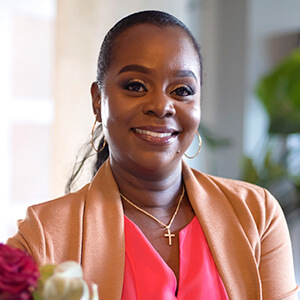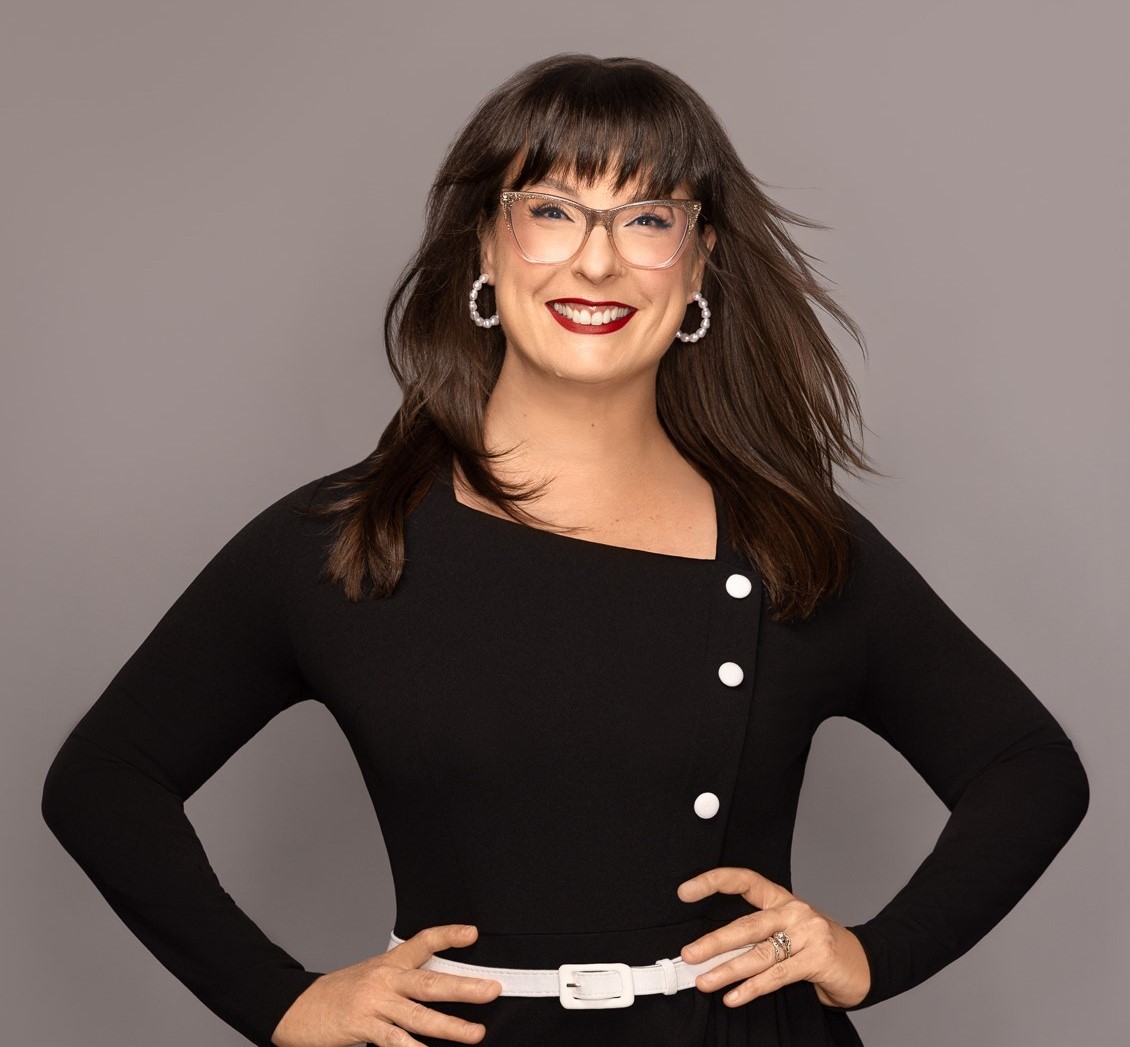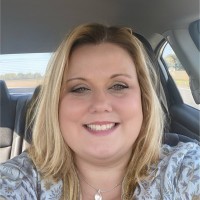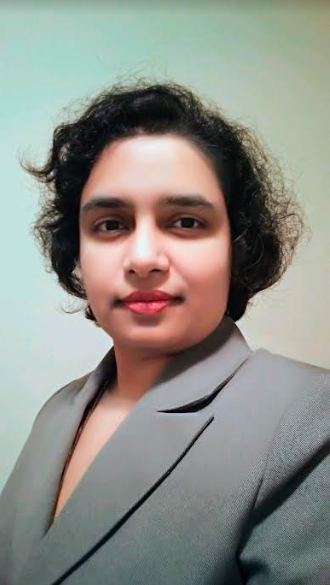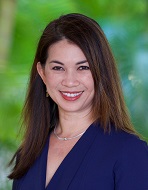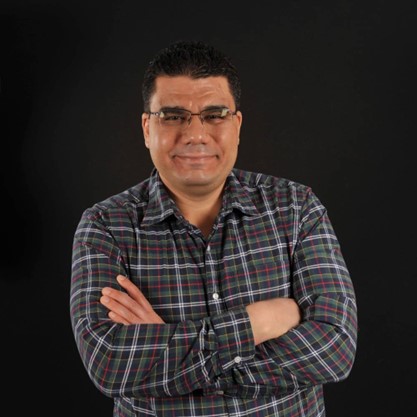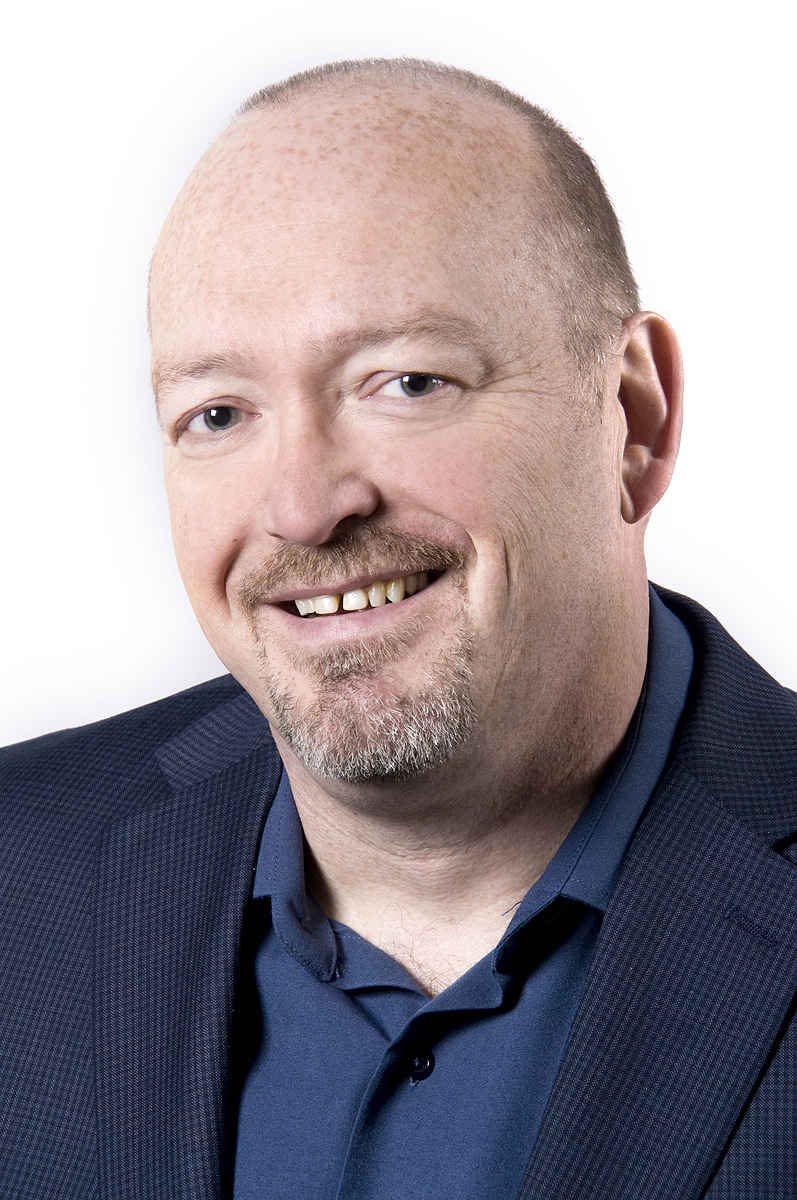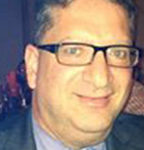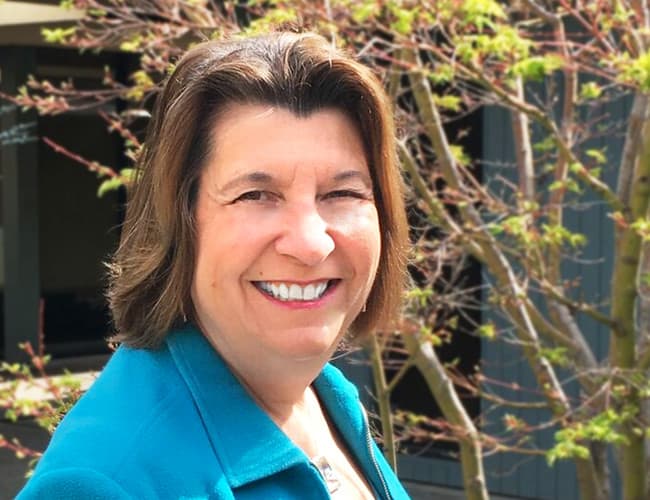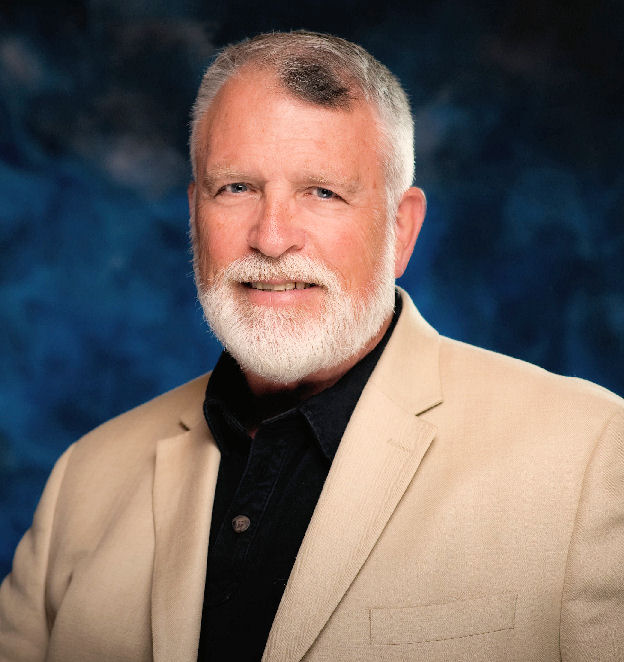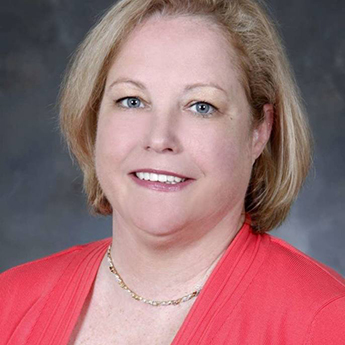COTS, Cloud, and SaaS Systems and FDA Validation Compliance
Advancements in technology have forced organizations to rethink business models. Once controlled and orderly, these organizations are now more chaotic and complex, serving patients and customers who are better informed and with higher expectations than ever before. Work practices and tools must change to meet these challenges.
The approach to developing software, performing validation, and maintaining a system in a validated state through its entire life cycle should be carefully considered to meet changing needs. This webinar will include a comparison of the agile and waterfall methodologies, along with the pros and cons of each. There may not be one size that fits all, so it is important to understand what needs to be considered when making such a determination.
We’ll also cover COTS, SaaS, IaaS, PaaS, and cloud services, indicating the benefits and risks of each model. In discussing these hardware and software options, we’ll include the best practices for meeting FDA’s requirements for validation, 21 CFR Part 11, as applicable, and data integrity. Part of the session will identify the FDA’s current concerns and how to ensure your systems will meet their expectations.
- “WHAT” the FDA requires related to the validation of computer systems
- Myths about what the FDA requires that have hampered many practitioners through the past few decades
- How to validate ANY technology, platform, software application, or system
- How to minimize cost by taking a practical and risk-based approach to validation
- How critical thinking can drive the validation rather than deliverables driving it
- How CSV and CSA compare
- How GAMP®5, 2nd Edition aligns with CSA
- GxP Systems
- FDA Trends in Compliance and Enforcement
- Computer System Validation (CSV)
- Computer Software Assurance (CSA)
- GAMP®5, 2nd Edition
- Waterfall and Agile
- Automated Testing
- Cloud Services
- Computer-Off-the-Shelf (COTS) Software
- Software-as-a-Service (SaaS)
- Infrastructure-as-a-Service (IaaS)
- Platform-as-a-Service (PaaS)
- Approach to Installation Qualification (IQ) for Cloud and SaaS systems
- Maintaining a Validated System
- Policies and Procedures related to validation
- Industry best practices
- Learn about cloud services and cloud service providers to optimize your experience
- Q&A
The attendees will learn about the FDA’s approach to modernizing technology, and how that will benefit both the Agency and the industry. We will discuss ways to modernize the System Development Life Cycle (SDLC) approach to Computer System Validation (CSV) by using automated testing tools that will result in a continuous validation of software products. This approach is amenable to the agile software development methodology, which can be adapted for use in validation. We’ll discuss the pros and cons of each approach, and industry best practices for success.
We’ll cover Computer-Off-the-Shelf (COTS) software, Software-as-a-Service (SaaS), Infrastructure-as-a-Service (IaaS), Platform-as-a-Service (PaaS), and cloud services. You’ll learn how to select an optimal solution and ensure that whatever that might be, you can build a contract and Service Level Agreement (SLA) that best suits your environment and needs.
- Vendors developing and/or supporting systems used in GxP operational areas
- Vendors providing software services supporting GxP operational areas
- Information Technology (IT) Analysts
- IT Developers
- IT Support Staff
- QC/QA Managers and Analysts
- Manufacturing Personnel
- Clinical Data Managers and Scientists
- Compliance Managers and Auditors
- Lab Managers and Analysts
- Computer System Validation Specialists
- GMP Training Specialists
- Business Stakeholders using Computer Systems regulated by the FDA
- Regulatory Affairs Personnel
- Consultants in the Life Sciences and Tobacco Industries
- Interns working at the companies listed above
- College students attending schools and studying computer system validation, regulatory affairs/matters (related to FDA), or any other discipline that involves adherence to FDA regulatory requirements
Carolyn Troiano has more than 35 years of experience in computer system validation in the tobacco, pharmaceutical, medical device and other FDA-regulated industries. She has worked directly, or on a consulting basis, for many of the larger pharmaceutical and tobacco companies in the US and Europe. She is currently building an FDA computer system validation compliance strategy at a vapor company. Carolyn has participated in industry conferences, and is currently active in the Association of Information Technology Professionals (AITP), and Project Management Institute (PMI) chapters in the Richmond, VA area. Carolyn also volunteers for the PMI’s Educational Fund as a project management instructor for non-profit organizations.
Upcoming Webinars
